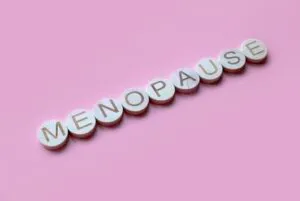 #1 – Get Active
#1 – Get Active
Your body works as one coordinating unit, which means you need to get active to stay sharp physically and mentally. As you exercise, blood flows more freely to the hippocampus, a critical portion of your brain that affects memory. Routine physical activity can also help you fight depression, handle stress, learn new things and make better decisions. These are all critical tools for improving your cognitive health. Choose a simple activity that you enjoy, and aim for 30 minutes to an hour of physical activity every day.
#2 – Engage Both Spheres
The brain comprises two spheres, left and right. Put simply, the right side functions as your “artistic” side while the left is geared toward logic and science. Both spheres work together to form your interests and aptitudes. You may be more drawn to puzzles and critical thinking, or you might prefer to spend your free time painting. To promote good cognitive functioning, engage both of your spheres in regular activities. Visit museums, particularly ones with focus areas that appeal to you. Take an “active” approach to reading and watching TV by choosing media that makes you think.
#3 – Rest and Relax
There are plenty of benefits to getting a good night’s sleep, and one of them is improving your brain’s overall function. Not only is it critical to get consistent, quality rest, but it’s also important to eliminate stress from your life, especially as you age. Good sleep and proper downtime help you make good decisions and remember things more clearly. Adults over 65 need seven to eight hours of sleep each night. If you’re stressed, try mindful meditation, yoga or attending a religious service that means something to you.
#4 – Maintain Friendships
Engaging in social activities will help you ward off depression. It also promotes better brain health. Make time to be with the people you care about, and know when to let go of relationships that cause you stress.
#5 – Try New Things
When you try new things, your brain develops connections between neurons, which fights against cell loss that happens naturally with age or as a result of a brain disease. Pursue educational activities, including lectures, classes and community discussions. Learn a new language, start a garden in your backyard or travel to an unfamiliar place. If you like music, consider taking up a musical instrument. Even if you don’t become proficient, the activity itself will promote good cognitive functioning.
Sources:
https://www.mayoclinic.org/diseases-conditions/mild-cognitive-impairment/symptoms-causes/dxc-20206111
https://www.huffingtonpost.com/dennis-kravetz/10-ways-to-boost-your-cognitive-fitness_b_3195153.html





